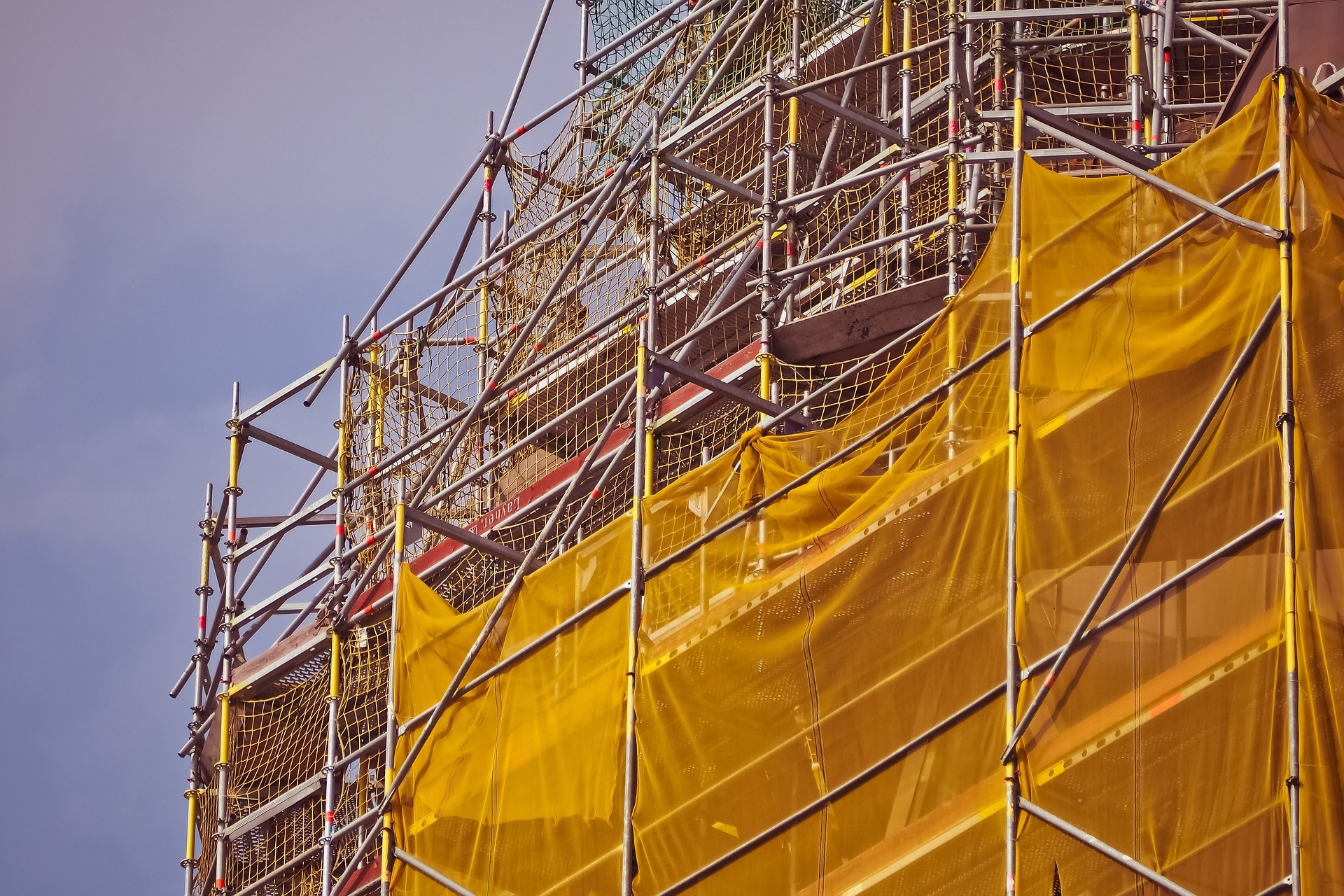EU remediation obligation meets with divided response
Published on: , by

The EU Council has agreed on a revision of the Energy Performance of Buildings Directive. The main objectives of the revision are that all new buildings should be zero-emission buildings by 2030 at the latest and that all existing buildings should be converted into zero-emission buildings by 2050.
The Commission, Parliament and member states still have to approve the plans. This is what it's all about: The building sector is crucial to achieving the EU's energy and climate targets for 2030 and 2050. Better and more energy-efficient buildings should improve citizens' quality of life while lowering their energy costs and reducing energy poverty.
From 2030, all new buildings are to be zero-emission buildings. Exemptions are possible for some buildings. For existing buildings, member states have agreed to introduce minimum energy performance targets corresponding to the maximum amount of primary energy that buildings can consume per square meter per year.
This is intended to spur renovations and lead to a situation where, over time, there are no longer any buildings with the worst energy performance. The average primary energy consumption of a residential building stock is to be at least the level of energy performance class D by 2033, at least a national value yet to be determined by 2040, and a zero-emission building stock is to be achieved by 2050. The potential of all buildings to generate solar energy is to be optimized. National building renovation plans shall provide a roadmap with targets for 2030, 2040 and 2050.
The Tenants' Association welcomes a socially responsible design of the new directive. It has "the potential to reduce energy poverty and ensure affordable housing for all income groups". The IVD Federal Association of Real Estate Advisors is more skeptical about the planned directive: it is feared that high renovation costs could be incurred by many homeowners. The owners' association Haus & Grund warns of a dramatic loss of value for older buildings.
(Photo: © Michael Gaida, Pixabay)
 Deutsch
Deutsch